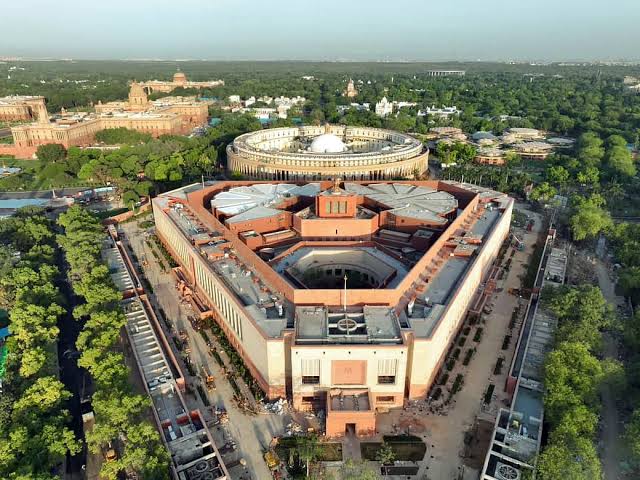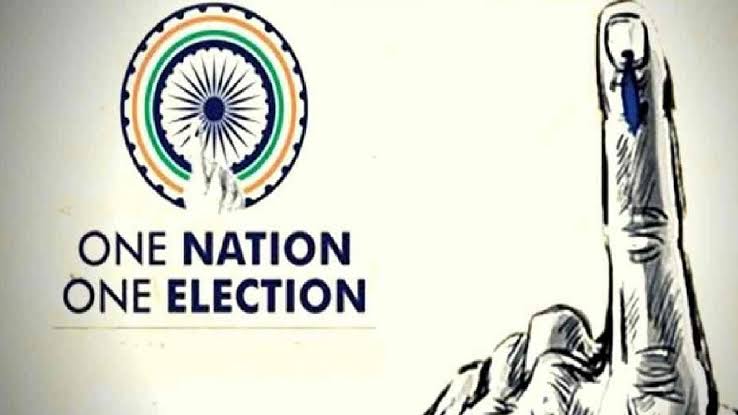Prologue
In an unprecedented move the Media Committee of I.N.D.I.A (India National Development Inclusive Alliance) decided that their alliance partners would not send their representatives to the show of fourteen anchors of various news channels. This is a new low in the political discourse in India. The relationship between political parties and the media is critical as political parties engage with media to communicate with its most important stakeholder in a democracy – the public. This strange move sparks a critical conversation about the political parties and their perceived role of media in shaping public opinion and the avenues through which political messages are conveyed. In this essay, we will probe into the motivations, implications, and potential ramifications of such a move and the evolving scenario of political communication.
Boycott Media : What could be a Rationale?
The decision of the INDIA alliance to boycott anchors of mainstream media was a one-page communique. This doesn’t however, explain the reasons and the background of reaching their conclusion and the methodology and data that they used to identified these fourteen names. Considering the public utterances of their leaders and social media reactions of INDIA alliance sympathizers, the broad cause appears to be a perception among the I.N.D.I.A alliance partners that these anchors display biases and lack objectivity.
Bias and Partisanship
The alliance apperently believes that the anchors exhibit a clear bias in favor of the ruling party or government, and therefore, they feel their viewpoints are not fairly represented. This has been a refrain that Rahul Gandhi, the most important leader of the INC, the anchor party of the alliance, and a claimant to the Prime Ministership in the event of the alliance winning the general election in 2024, has been unfairly characterized by the media. They believe that the media reporting over the years has reinforced the ruling party’s crafty created image of ‘Pappu’, a sobriquet, Rahul Gandhi is known as. Besides they also believe that their criticism of the Government, its policies, and BJP, the ruling party, has not been adequately represented. They call a part of media GodiMedia (media sitting in the lap of the government).Does the criticism has some merit? Let’s examine it. The BJP and the ruling alliance of NDA won two successive elections with substantial margin over their political rivals. It is obviously evident that the majority electorates do not hold the opposition in good esteem. Moreover, Rahul Gandhi’s loss from Amethi, a pocket borough of the Nehru-Gandhi clan, in 2019 doesn’t speak much about the image and perception of the common man. His interaction and exercises on image makeover have majorly been found to lack the depth and profundity of a statesman and a leader. For example in his infamous interview with Arnab Goswami, he appeared a cannon fodder.
There are many inconsistencies in the I.N.D.I.A. alliance, which has been raised and debated by mainstream media on its merit. For example, the contradiction of the political philosophy of leftist, rightist, and centrist parties, the ambiguity of their political ambition at regional and national levels, and most importantly a history of personal adversarial relationships of many of these leaders. For example, Arvind Kejariwal of AAP, had described almost all other leaders of the Alliance partners as corrupt during his India Against Corruption movement, incidentally sharing a stage with Lalu Yadav, convicted in corruption cases. Congress and Shiv Sena had been natural adversaries since the inception of Sena. NCP was formed against the leadership of Sonia Gandhi. These issues are important in a democratic conversation. If the main and only objective of an alliance is to remove the existing Prime Minister and install itself in the government, it is going to fail the nation and its citizens.
The bias and partition approach, the alliance partners allude to, doesn’t appear to be well founded.
Lack of Objectivity
The opposition alliance may argue that these anchors fail to maintain objectivity in their reporting, potentially favoring sensationalism or personal opinions over factual information. This can lead to a skewed presentation of political events. While it’s acceptable for the I.N.D.I.A. Alliance to aim for a favorable image in their communication management, critiquing a contrarian perspective through a facade of objectivity raises questions, as objectivity itself can be interpreted in various ways rather than being an absolute concept. Moreover, any argument of shutting dissenting voices rests on the premise of ‘my viewpoint holds more validity than yours’ – reminiscent of Animal Farm – and expecting others to adjust their outlook. Isn’t the fundamental purpose of a conversation to exchange opinions, even if they differ? Isn’t it crucial to keep channels of communication open and transparent? Is it not right of the citizens to be informed of all the opinions and weigh the strength of arguments on merit? Assuming that someone creates a flawed image, the right approach to mend that image is through constructive dialogue and not sulking in a shell. It is problematic that the Alliance decided to abstain from engaging with someone they perceive as lacking objectivity. And there are three reasons for the same. Firstly, it appears as if the alliance considers the media as its coalition partners and expects them to behave according to their norms. Secondly, this presupposes that conveying their perspective is the responsibility of everyone, including the media. And thirdly, the pivotal question remains: Who gets to define objectivity? Doesn’t it vary for different individuals, shaped by their collective experiences, wisdom, and expectations?
Frustration with Interview Techniques
The opposition alliance may find that anchors employ aggressive or confrontational interview techniques, which can be perceived as an attempt to discredit or trap them rather than facilitate a constructive discussion. In a sarcastic tweet, someone commented that many of these anchors perhaps do not allow the opposition spokesperson to speak enough. The television debates in India have become a high-decibel and emotionally charged affair. Instead of an exchange of views, opinions, and clarifications, it is conducted as a courtroom drama. The conduct of the anchors and all the participants alike is melodramatic. They challenge sanity and logic with a boorish display of contempt against anything against their voice. Some of the spokespersons of the opposition itself behave very badly and use languages that cannot be called civil against everyone including high constitutional and statutory bodies and persons. Most of the time this blabbering is unfounded, irrational, and vulgar. It is therefore the responsibility of everyone to create an atmosphere of healthy debate.
Epilogue
In a democracy, it is important for all stakeholders to recognize the significance of creating an atmosphere of healthy debate and constructive communication. Political parties and media are equally responsible for the quality, language and content of a debate. Boycott is not the solution. It is actually an extension of muscular assertiveness, which doesn’t inspire ease. Ultimately, the responsibility lies with both political parties and the media to ensure that the public is provided with a diverse array of perspectives and the opportunity to evaluate arguments on their merits. Only through open and transparent dialogue can the democratic process be truly served.
Note – The list of anchors and TV news channels mentioned by INDIA alliance are – Aditi Tyagi of Bharat Express, Aman Chopra, Amish Devgan and Anand Narasimhan of News18, , Ashok Shrivastav of DD News, Gaurav Sawant and Shiv Aroor of India Today, Sudhir Chaudhary and Chitra Tripathi of Aaj Tak, Rubika Liyaquat of Bharat24, , Prachi Parashar of India TV, Navika Kumar and Sushant Sinha of Times Now Navbharat, and Arnab Goswami of Republic Bharat.





